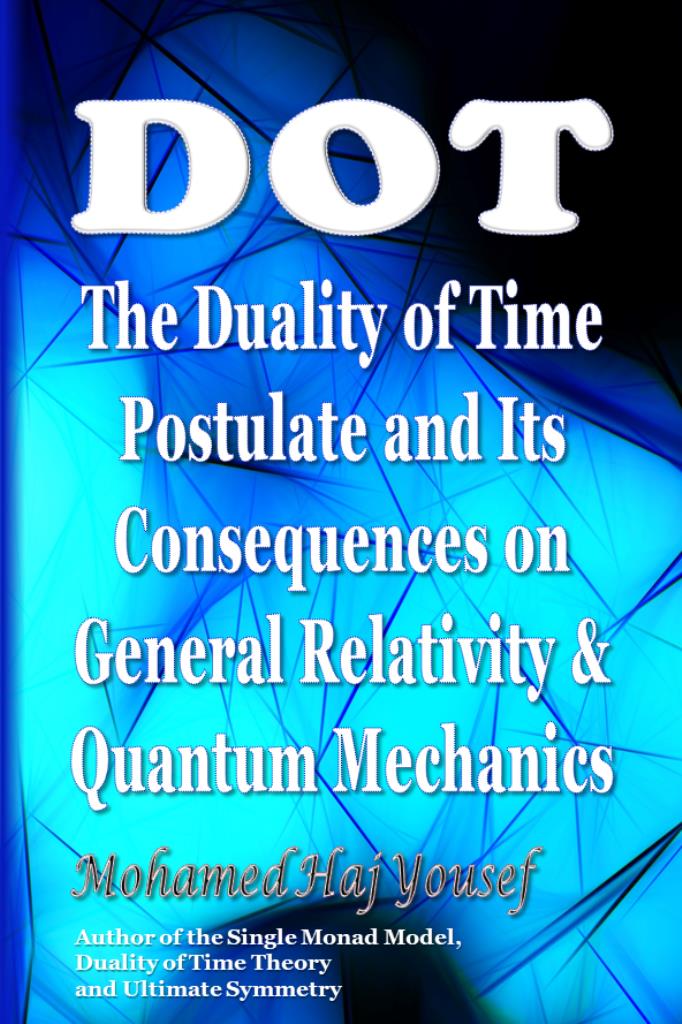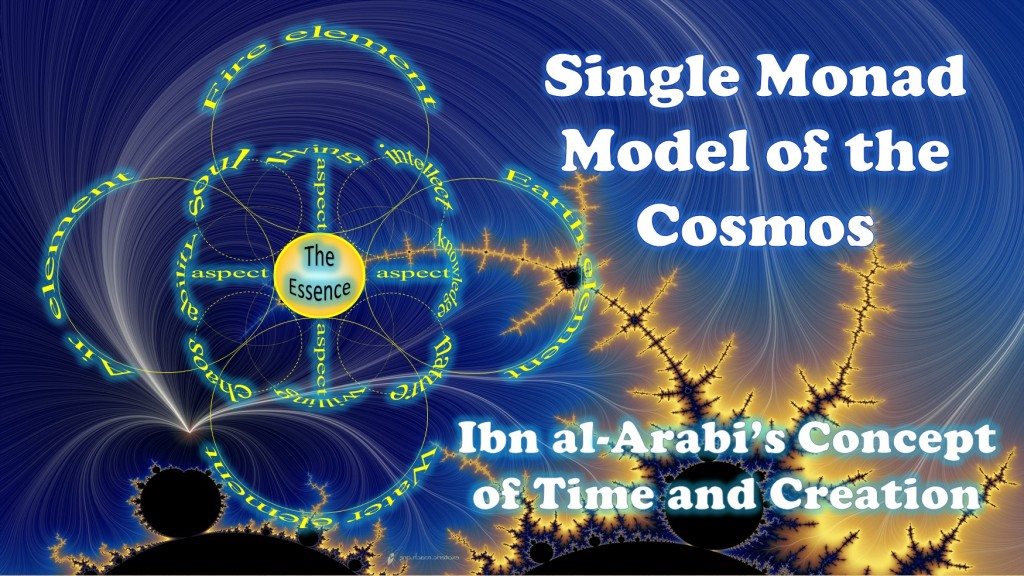Here you can search directly through all the
Articles and
Books published on this website. You can also use this
Google Widget to search the contents from this website that are indexed on Google. Additioanly, there are separate search pages for the
Forums and
Posts.
Searching Inside Pages and Articles:
- => Kirkus Review of Ultimate Symmetry
... humans experience and the possibility of an underlying metaphysical oneness date back to ancient cosmology. Yousef ( Duality of Time , 2018, etc.) argues that humans’ perceptions of both ...
- => Monad Forums
... ogy] Islamic Cosmology ( 2 ) - [ Muhyiddin Ibn al-Arabi] Muhyiddin Ibn al-Arabi ( 3 ) - [ ancient cosmology] ancient cosmology ( 0 ) - [ Future Perspectives] Future Perspectives ( 1 ) --- -- ...
- => Monad Forums: Categories
... ogy] Islamic Cosmology ( 2 ) - [ Muhyiddin Ibn al-Arabi] Muhyiddin Ibn al-Arabi ( 3 ) - [ ancient cosmology] ancient cosmology ( 0 ) - [ Future Perspectives] Future Perspectives ( 1 ) --- -- ...
- => Monad Forums
... ogy] Islamic Cosmology ( 2 ) - [ Muhyiddin Ibn al-Arabi] Muhyiddin Ibn al-Arabi ( 3 ) - [ ancient cosmology] ancient cosmology ( 0 ) - [ Future Perspectives] Future Perspectives ( 1 ) --- -- ...
- => ULTIMATE SYMMETRY - i.2.1 Sumerian Mythology
... ity by Mohamed Haj Yousef Search Inside this Book i.2.1 Sumerian Mythology The origins of ancient cosmology date back to the beginning of the fourth millennium BC, with various civilizations ...
- => ULTIMATE SYMMETRY - The Structure of the Book
... Relativity and Quantum Field Theory. In this introduction, we will also briefly describe ancient cosmology and cosmogony; concentrating more on the Islamic view of creation since it forms t ...
- => DUALITY OF TIME - The Structure of this Book
... ly unveiling at exponential rate. The second chapter offers a brief historical summary of ancient cosmology and natural philosophy, from the onset of written history in Mesopotamia to the We ...














